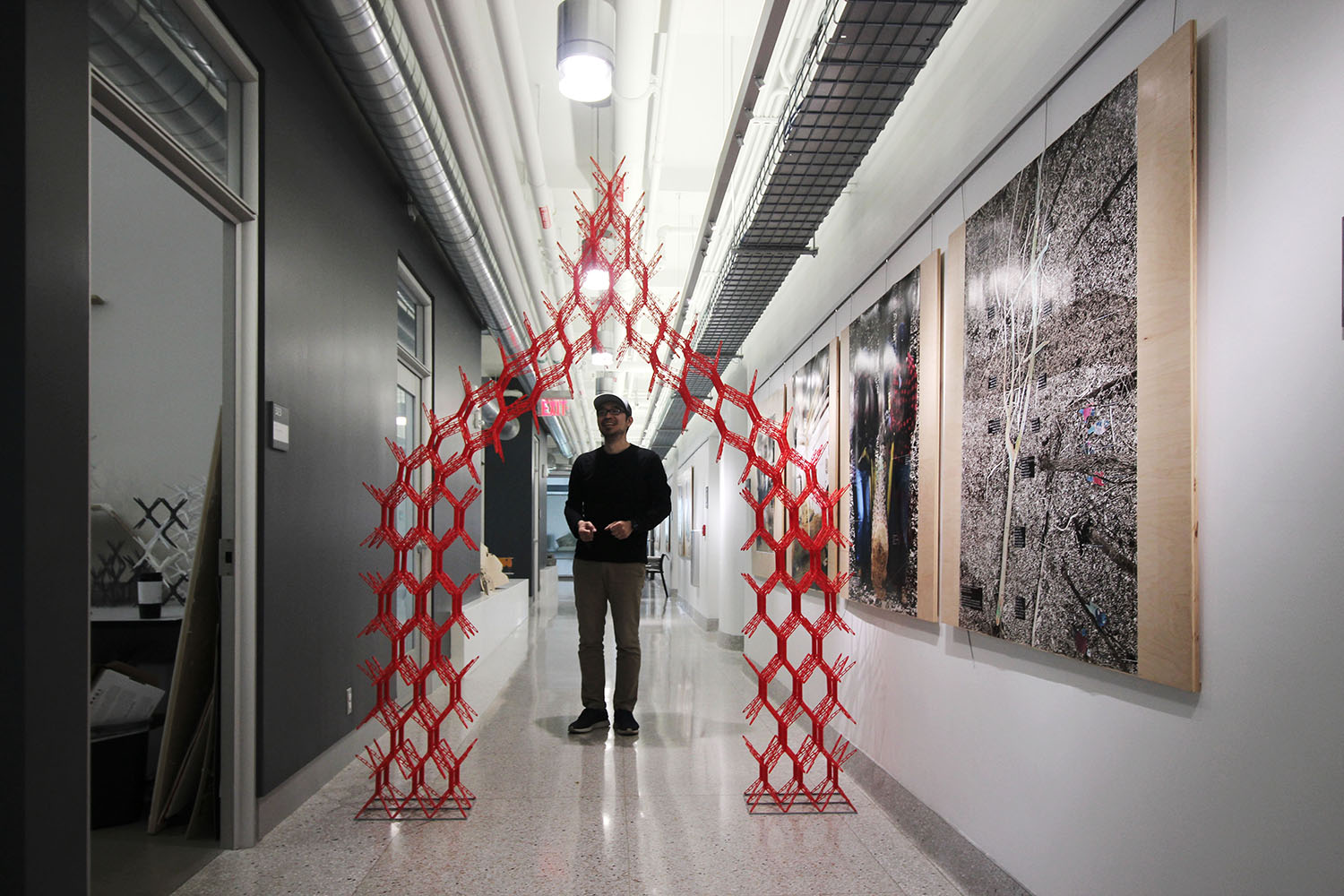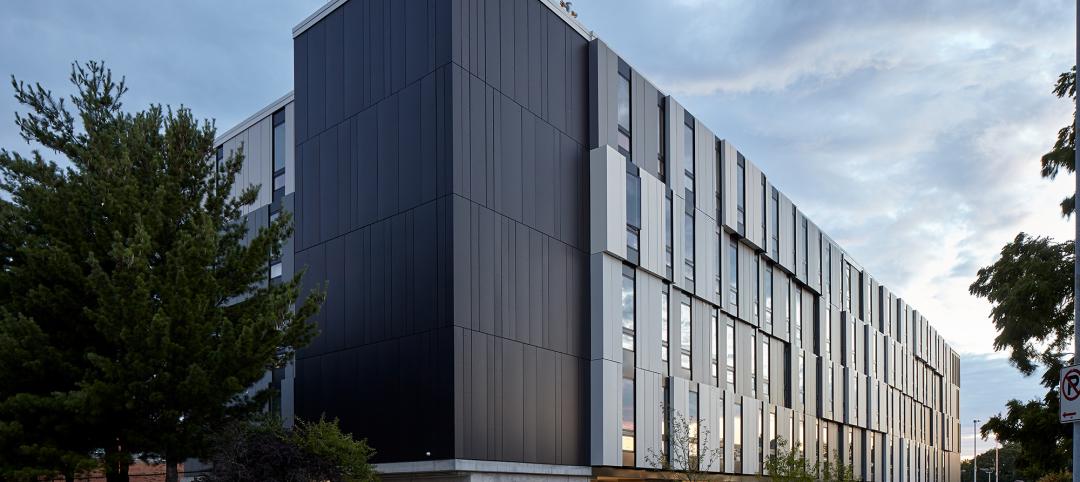Channel your inner Ludwig Mies van der Rohe or Philip Johnson by participating in The Forge Prize, an annual steel design competition that awards $20,000 to the architect who develops the most visionary design concept that embraces steel as the primary structural component to increase project speed.
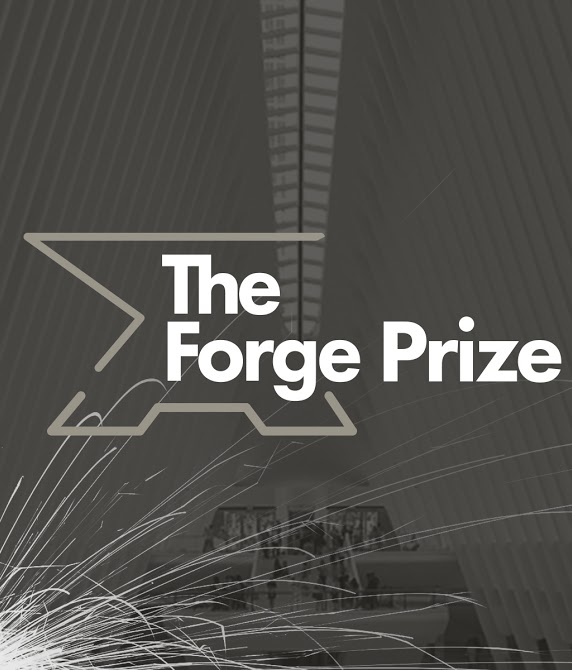 Established by the American Institute of Steel Construction (AISC), The Forge Prize recognizes innovation in the use of steel and how it can be used to reduce design and construction time.
Established by the American Institute of Steel Construction (AISC), The Forge Prize recognizes innovation in the use of steel and how it can be used to reduce design and construction time.
The two-stage design challenge will culminate in the selection of up to three Finalists in February 2020 (each will receive a $10,000 stipend) and the public announcement of a Grand Prize Winner ($20,000 total prize) in Spring 2020.
The competition is open to U.S.-based emerging architects who are either pursuing licensure or are licensed 10 years or less in the year 2020. Participants must be working professionals in any of the following firm types: architecture firm, AE firm (but submitting as an emerging architect), or design-build firm (but submitting as an emerging architect).
There is no cost to enter. The deadline for stage one submissions is January 15, 2020. Entry details at: www.forgeprize.com/about
Meet the 2019 Forge Prize winner and finalists
Looking for inspiration? Meet last year's winner and finalists:
WINNER: The 2019 Forge Prize Grand Prize Winner was Jin Young Song, AIA, Assistant Professor at University at Buffalo, and Founder of DIOINNO Architecture PLLC, for his SIMS (Snap-Interlock Module System) design concept. The design is pictured here (and above. All photos courtesy AISC.):
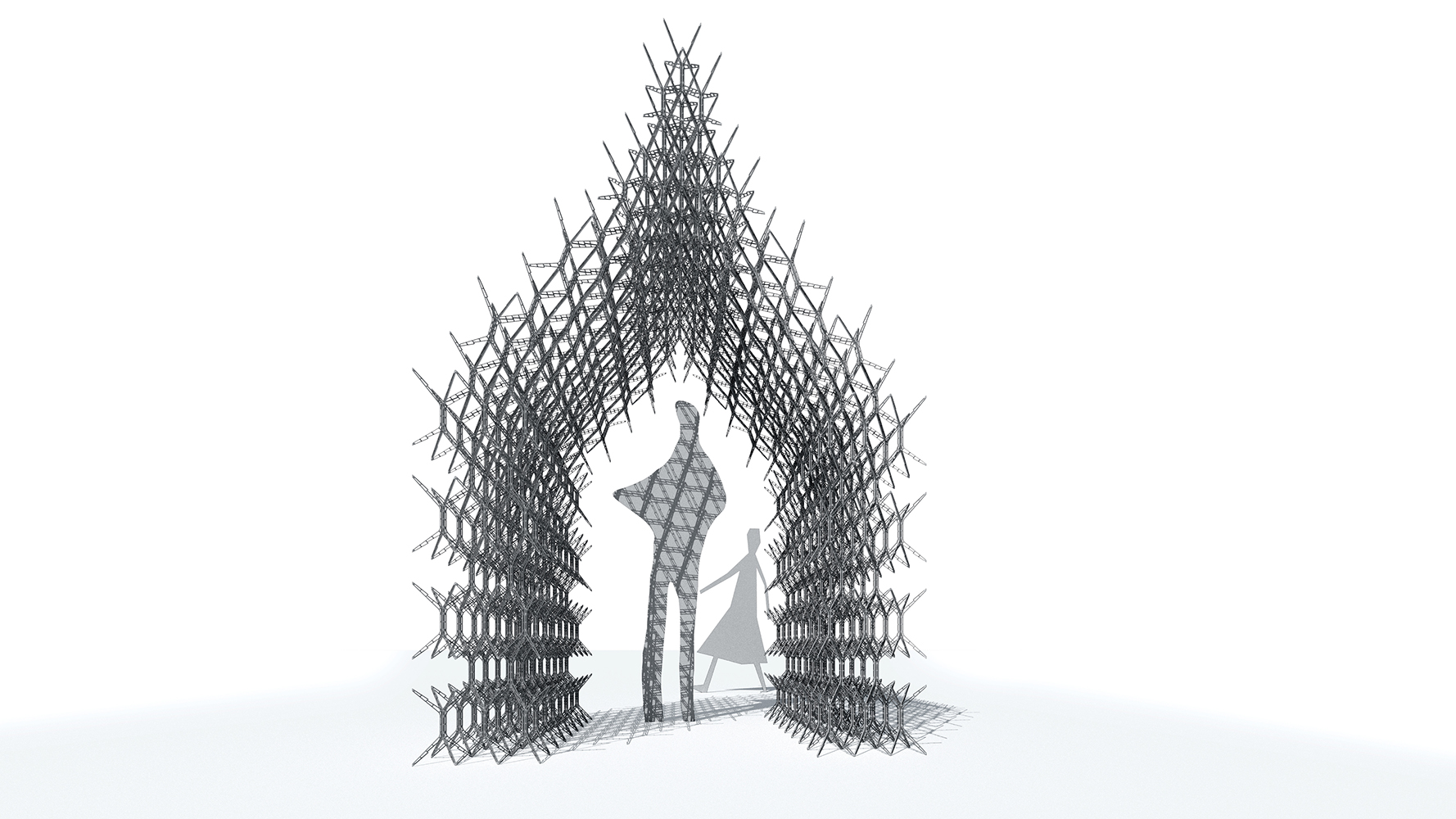
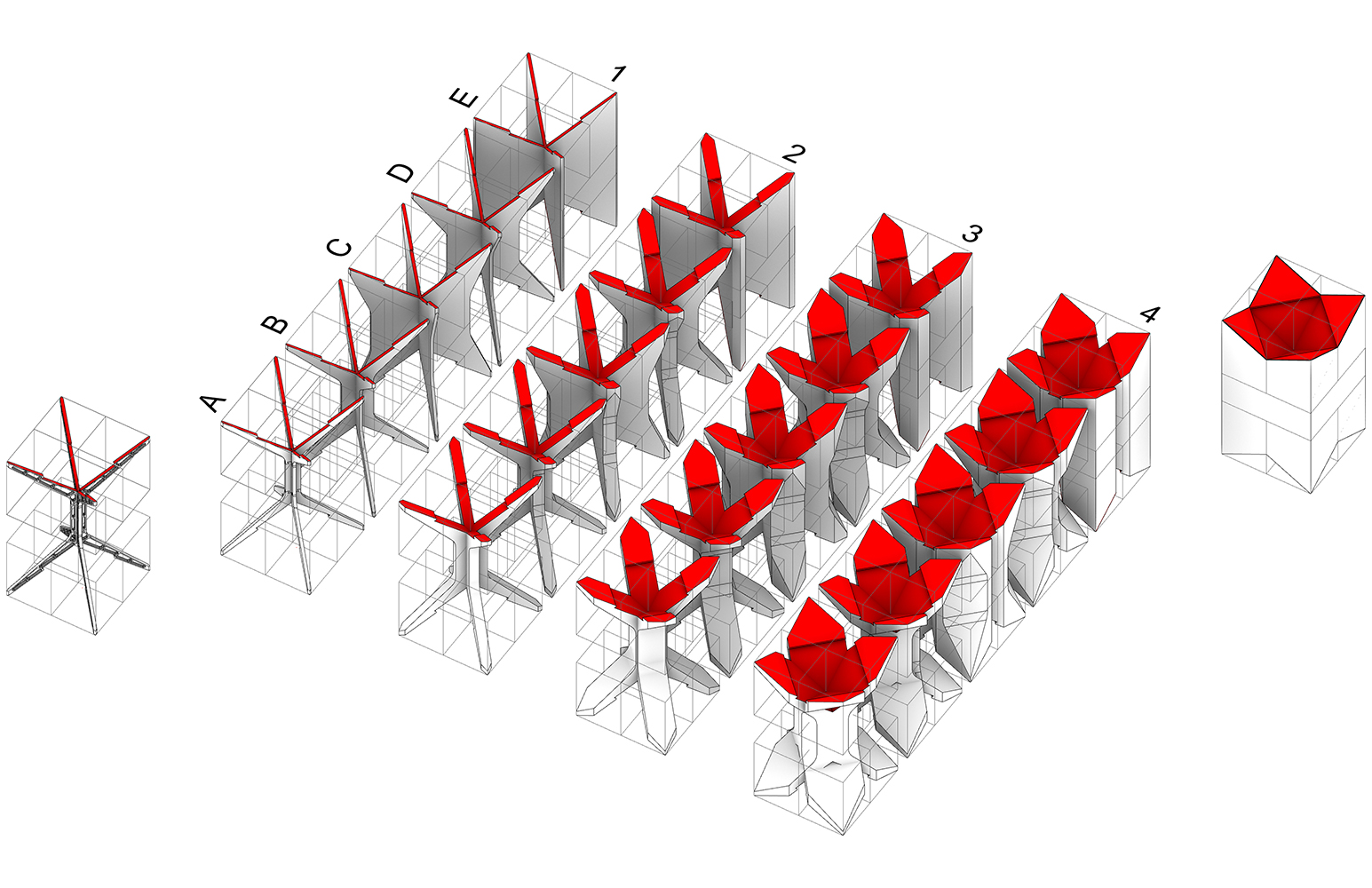


FINALIST: The 2019 Forge Prize Finalists included Valeria Rybyakova, Achitectural Designer with Perkins Eastman, for her submission "Responsive Enclosure for Public Pool," pictured here:
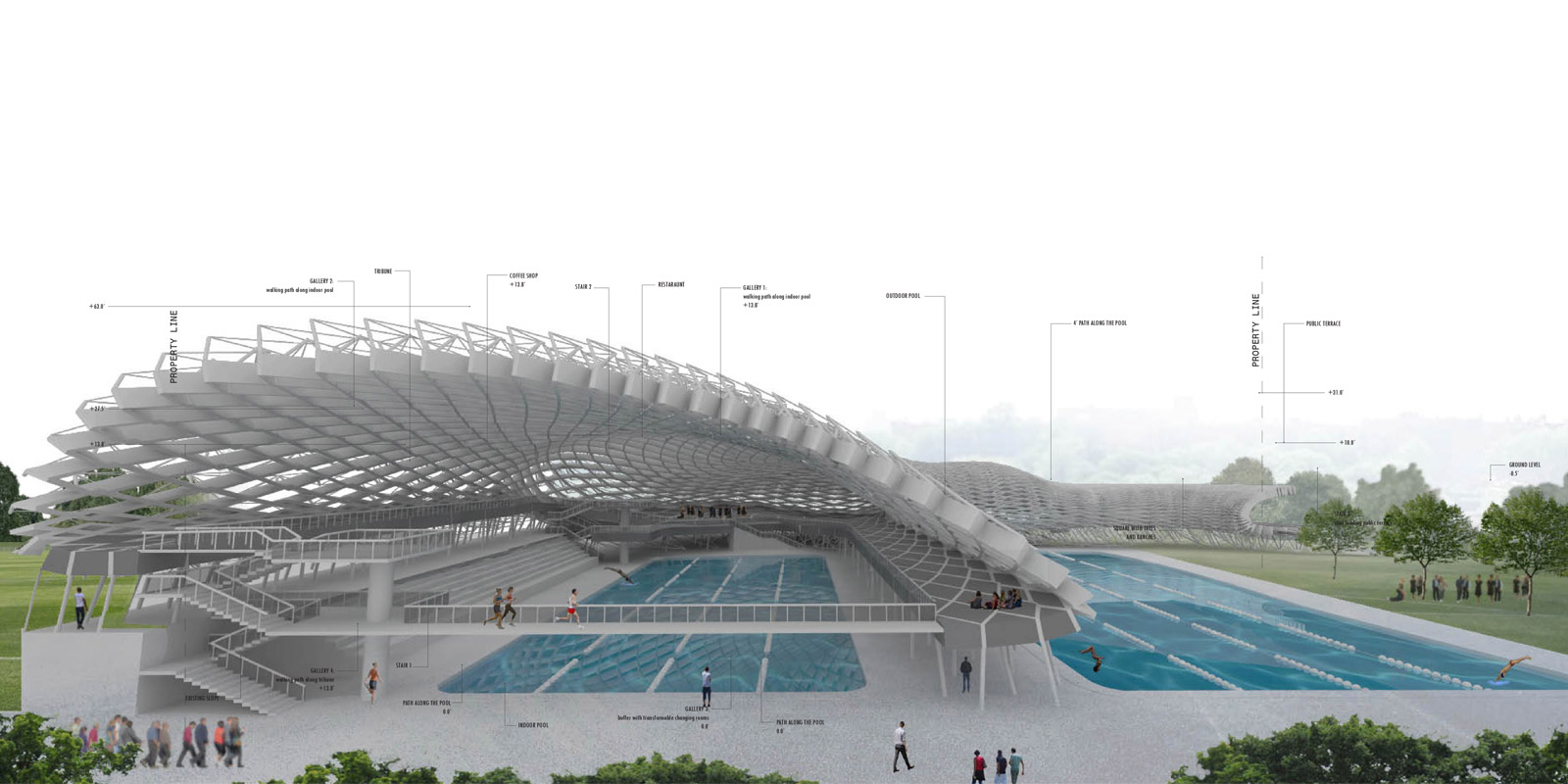

FINALIST: Jingyu Lee, PE, RA, LEED AP, Design Engineer, Magnusson Klemencic Associates, was named a Finalist for his design concept, "Reimagined Office Tower Using Cantilevered Trusses," pictured here:


Related Stories
Curtain Wall | Aug 15, 2024
7 steps to investigating curtain wall leaks
It is common for significant curtain wall leakage to involve multiple variables. Therefore, a comprehensive multi-faceted investigation is required to determine the origin of leakage, according to building enclosure consultants Richard Aeck and John A. Rudisill with Rimkus.
MFPRO+ News | Aug 14, 2024
Report outlines how Atlanta can collaborate with private sector to spur more housing construction
A report by an Urban Land Institute’s Advisory Services panel, commissioned by the city’s housing authority, Atlanta Housing (AH), offered ways the city could collaborate with developers to spur more housing construction.
Adaptive Reuse | Aug 14, 2024
KPF unveils design for repositioning of Norman Foster’s 8 Canada Square tower in London
8 Canada Square, a Norman Foster-designed office building that’s currently the global headquarters of HSBC Holdings, will have large sections of its façade removed to create landscaped terraces. The project, designed by KPF, will be the world’s largest transformation of an office tower into a sustainable mixed-use building.
Sustainability | Aug 14, 2024
World’s first TRUE Zero Waste for Construction-certified public project delivered in Calif.
The Contra Costa County Administration Building in Martinez, Calif., is the world’s first public project to achieve the zero-waste-focused TRUE Gold certification for construction. The TRUE Certification for Construction program, administered by Green Business Certification Inc. (GBCI), recognizes projects that achieve exceptional levels of waste reduction, reuse, and recycling.
Modular Building | Aug 13, 2024
Strategies for attainable housing design with modular construction
Urban, market-rate housing that lower-income workers can actually afford is one of our country’s biggest needs. For multifamily designers, this challenge presents several opportunities for creating housing that workers can afford on their salaries.
University Buildings | Aug 12, 2024
Planning for growing computer science programs
Driven by emerging AI developments and digital transformation in the business world, university computer science programs are projected to grow by nearly 15% by 2030.
Energy Efficiency | Aug 9, 2024
Artificial intelligence could help reduce energy consumption by as much as 40% by 2050
Artificial intelligence could help U.S. buildings to significantly reduce energy consumption and carbon emissions, according to a paper by researchers at the Lawrence Berkeley National Laboratory.
Sponsored | Healthcare Facilities | Aug 8, 2024
U.S. healthcare building sector trends and innovations for 2024-2025
As new medicines, treatment regimens, and clinical protocols radically alter the medical world, facilities and building environments in which they take form are similarly evolving rapidly. Innovations and trends related to products, materials, assemblies, and building systems for the U.S. healthcare building sector have opened new avenues for better care delivery. Discussions with leading healthcare architecture, engineering, and construction (AEC) firms and owners-operators offer insights into some of the most promising directions. This course is worth 1.0 AIA/HSW learning unit.
Office Buildings | Aug 8, 2024
6 design trends for the legal workplace
Law firms differ from many professional organizations in their need for private offices to meet confidentiality with clients and write and review legal documents in quiet, focused environments
Data Centers | Aug 8, 2024
Global edge data center market to cross $300 billion by 2026, says JLL
Technological megatrends, including IoT and generative AI, will require computing power to be closer to data generation and consumption, fueling growth of edge IT infrastructure, according to a new JLL report.


